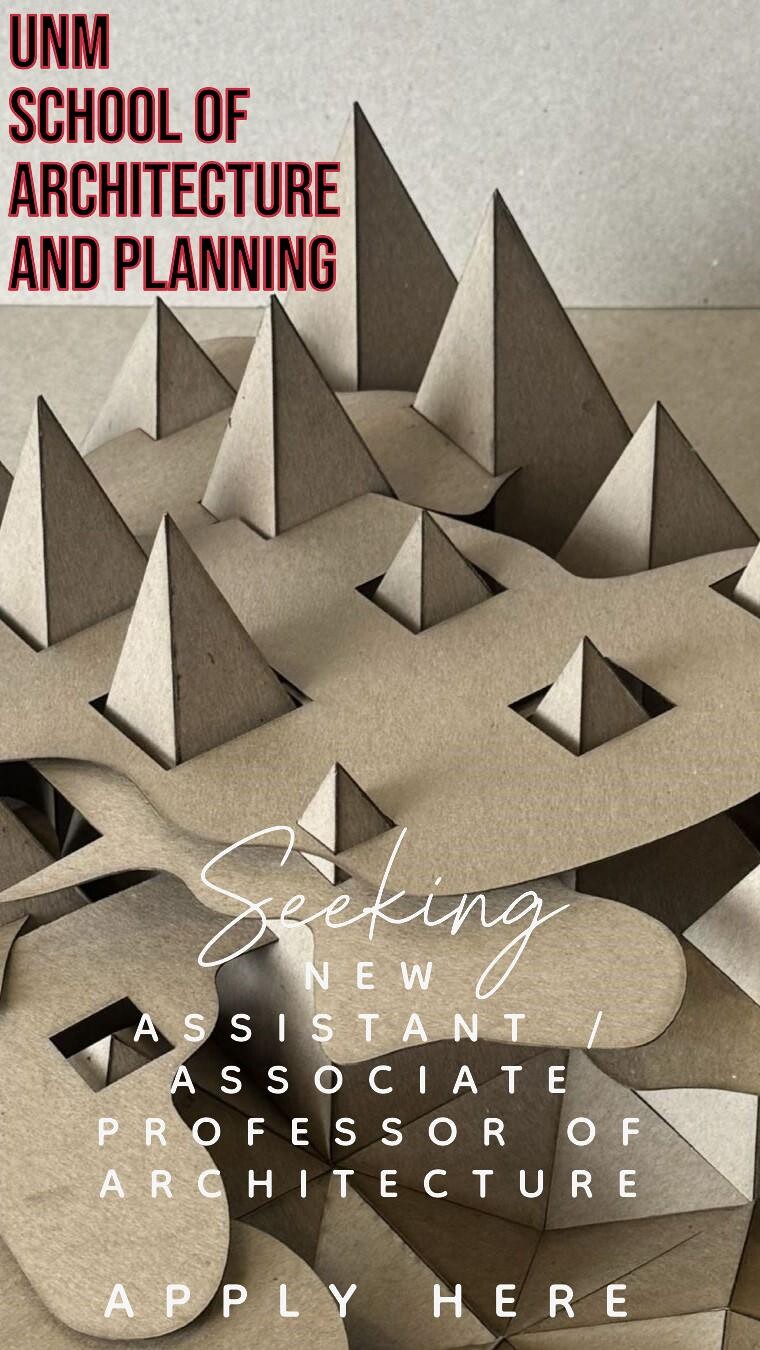1920 rue Baile
Montréal Québec H3H 2S6
Canada
As a research centre, we are interested in the knowledge that comes from shifting our position, ground, and vantage point. While we are physically located in Tiohtià:ke/Mooniyang/Montréal—and working in and from this place conditions the way we address many of the significant questions that concern us, including those that emanate from the long history of colonialism and capitalism—we’ve always sought different outlooks and varied ways of thinking to inform our work and purpose. These shifts give us the opportunity to ask questions not only in relation to the time and place we live in, but also to consider them within broader historical and cultural contexts. And we realize that a way to do this is to engage with questions elsewhere, talking to and learning from others.
You may know we recently spent time in Dakar to launch the fourth iteration of the CCA c/o program, an initiative that reinforces the idea of the CCA as an entity that evolves through new perspectives, conversations, and collaborations. Led by Nzinga B. Mboup, CCA c/o Dakar will enrich and expand the CCA’s investigation into questions related to the African continent, beginning with a focus on modernist Senegalese architecture, its protagonists, and its histories, followed by a study of local building materials and techniques with a view to addressing current ecological concerns in the region.
As a collecting institution, and one that underlines the need to study historical evidence to address contemporary questions, we’ve been wondering what our commitment to shift the ground we are on means for our Collection. We don’t think of our Collection as universal or encyclopedic, but rather as an ecosystem of things and ideas that is continuously built upon through further research, new acquisitions, varied perspectives, and timely interpretations. Can we do this work without repeating a colonial model dependent on extracting knowledge and resources? You may remember that in 2022, we launched the first iteration of Find and Tell Elsewhere, a project that aims to develop a collaborative approach to transnational research on architecture archives by testing non-extractive practices in the construction of research collections. Our objective is to increase access and facilitate research into an archive without necessarily gaining ownership of it by assisting in the digitization process of significant archival resources across national, regional, and urban boundaries.
Following the first iteration dedicated to the archive of Abdel Moneim Mustafa (1930- ) in Khartoum, Sudan, we have been working on a new phase of Find and Tell Elsewhere in collaboration with Warebi Brisibe and a team of researchers based in Nigeria, including Asuru Lutherking Petercan, Abigail Duke, Yinka Williams, and Erekpitan Omoikhefe Ola-Adisa. Brisibe proposed to study the first generation of post-independence Nigerian architects who were responsible for many of the early post-colonial building projects in Nigeria during the 1960s and the oil-boom years of the 1970s. The drawings of Michael Olutusen Onafowokan (1912–1991) form the specific focus of the project, and are accessed by Onafowokan Cityscape Limited, the custodians of his work. Onafowokan was Nigeria’s first architect and was central to the development of Nigeria’s urban environment post-independence. Asuru Lutherking Petercan examines his legacy in the article published this week on the CCA website.
Brisibe and his team have been collecting drawings and digitizing and describing the material. Working between Nigeria and Montréal, the CCA has assisted in creating the metadata structure and in uploading digital files to Wikimedia Commons. From this work, we will begin to build a Wikipedia page on Michael Olutusen Onafowokan. With this effort, we hope to make the legacy of Nigeria’s early independence architects known to a wider public, to stimulate new connections between our Collection in Montréal and this body of online material, and eventually to enable new forms of collaborative and transnational research.
For more information about our initiatives elsewhere and to stay in touch, wherever this announcement finds you, subscribe here.
*Image above: Architect Yinka Williams, part of the research team in Nigeria, visiting the Archive of Chief Architect Michael Olutusen Onafowokan (1912–91) in Lagos, preparing selections for digitization.


